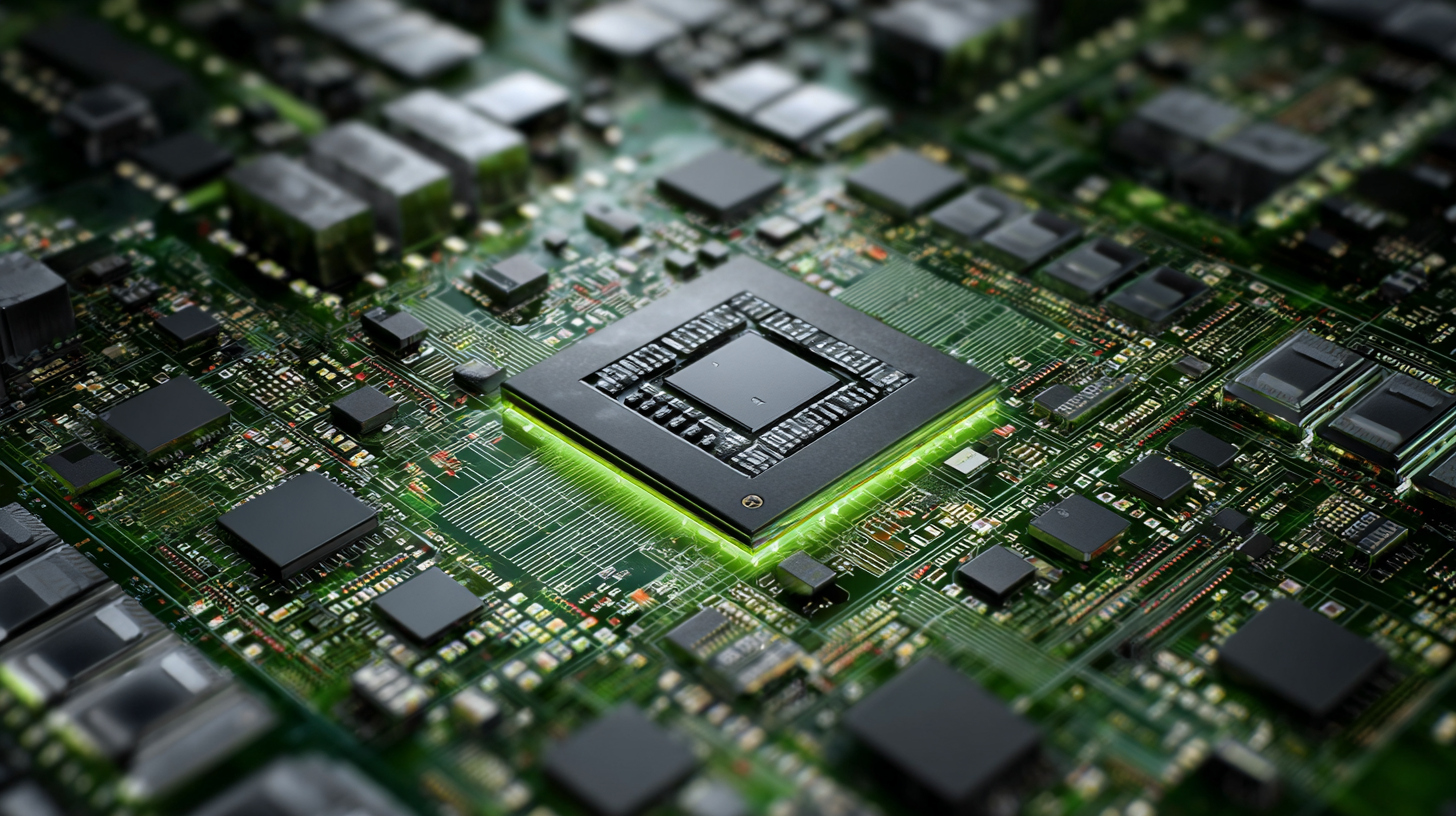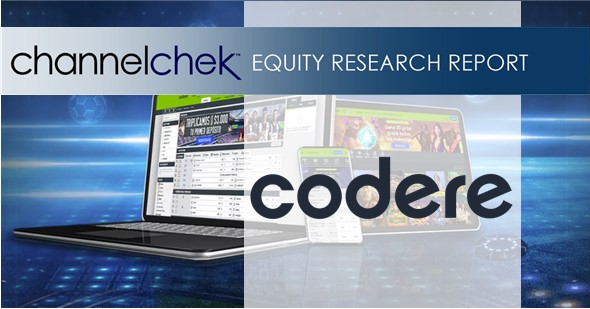Meta is continuing its aggressive expansion into artificial intelligence with the acquisition of Manus, a fast-growing AI startup, signaling the company’s intent to strengthen its position in an increasingly competitive AI landscape. The Facebook and Instagram parent company confirmed the deal this week, though it did not disclose financial terms. Multiple reports estimate the transaction value at more than $2 billion.
Manus, now headquartered in Singapore, gained industry attention earlier this year after launching a general-purpose AI agent designed to assist users with research, coding, and productivity-driven tasks. The platform operates on a subscription model and has experienced rapid adoption across both individual users and businesses. Within just eight months of launch, Manus surpassed $100 million in annual recurring revenue, highlighting strong market demand for its AI capabilities.
Meta described the acquisition as a strategic fit for its broader AI ambitions. The company plans to scale Manus’ technology across its ecosystem, including integration into Meta AI for both consumer and enterprise use cases. Importantly, Meta indicated that Manus will continue operating its existing services independently, allowing current users to retain access through the startup’s app and website.
Leadership at Manus emphasized continuity following the acquisition. The company views the partnership as an opportunity to grow on a more stable foundation while preserving its operational autonomy and product direction. This approach reflects Meta’s recent strategy of acquiring specialized AI teams while allowing them to maintain their core innovation culture.
The deal also carries geopolitical implications. Manus previously received backing from several Chinese-linked investors and originated from a company founded in China before relocating to Singapore. Meta confirmed that, following the acquisition, there will be no remaining Chinese ownership interests in Manus. The startup will also discontinue operations in China while continuing to expand from its Singapore base, where the majority of its workforce is located.
Meta’s move comes as CEO Mark Zuckerberg intensifies efforts to position the company at the forefront of artificial intelligence development. Facing stiff competition from rivals such as Google and OpenAI, Meta has made AI a central pillar of its long-term growth strategy. Earlier this year, the company made a multibillion-dollar investment in AI data firm Scale and recruited its CEO to help lead advanced AI research initiatives.
By bringing Manus under its umbrella, Meta gains a commercially proven AI platform and a rapidly scaling technology team. The acquisition reinforces Meta’s commitment to embedding AI across its products while accelerating innovation in intelligent agents that could reshape how users interact with digital platforms in the years ahead.












